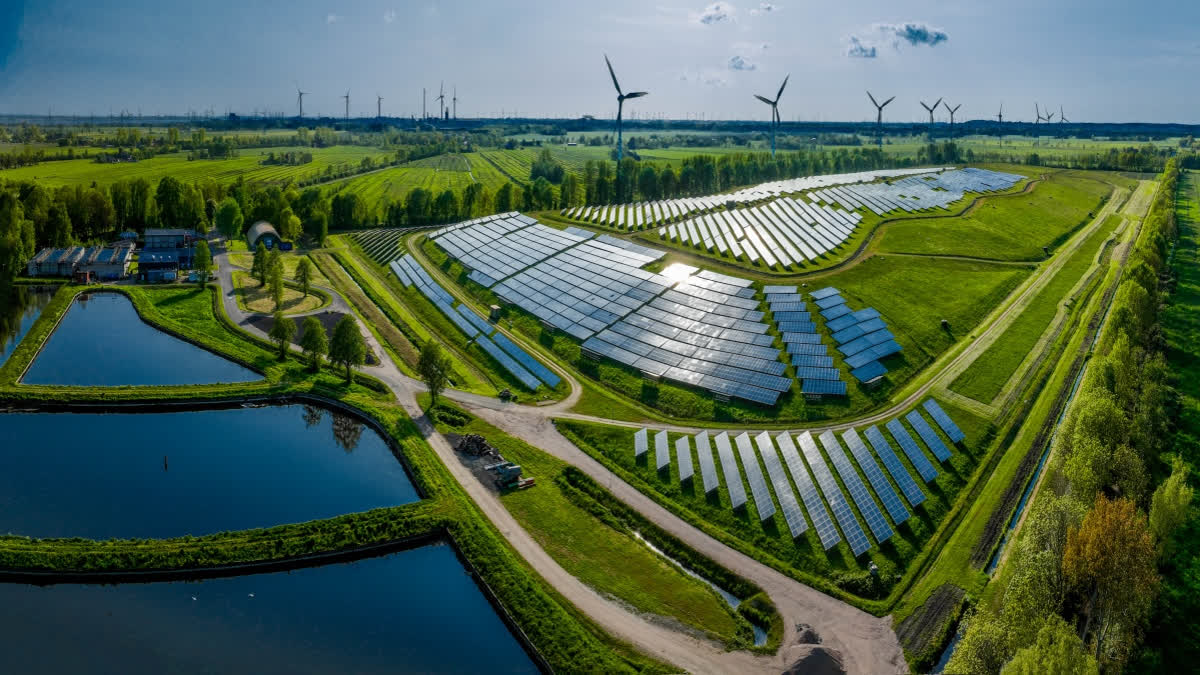New Delhi: Akshay Urja Day is an annual event that is celebrated on August 20 every year. It aims to raise awareness about the importance of 'Akshay Urja' also known as renewable energy. The day also emphasises promoting the usage of renewable energy and decreasing the exploitation of finite resources. This day also commemorates the birth anniversary of the former prime minister of the country Rajiv Gandhi.
History & Significance
The day was established by the Ministry of New and Renewable Energy (MNRE) in 2004 and it has been a significant event to bring change in the country. It was first observed in Delhi and has continued to spread around the nation. Renewable energy is generated from natural sources that are replenished over time such as solar, wind, and water. It is a clean and sustainable form of energy that can help to reduce our reliance on fossil fuels and combat climate change.
Government of India’s Viewpoint on Renewable Energy
The Government of India has taken several steps and initiatives to promote and accelerate renewable energy capacity in the country to realise the target of 500 GW non-fossil power capacity by 2030. At present, most of the utility-scale renewable energy projects in the country are being set up by private-sector developers. However, the Ministry of New and Renewable Energy (MNRE) has been implementing Pradhan Mantri Kisan Urja Suraksha evam Utthaan Mahabhiyan (PM-KUSUM), Development of Solar Parks and Ultra-Mega Solar Power Projects, and PM Surya Ghar: Muft Bijli Yojana schemes under which incentive as Central Financial Assistance (CFA) is provided to the State Implementing Agencies (SIAs) / DISCOMS / Local Bodies, for implementation of the respective schemes.
Renewable Energy Production
As per the information received from the Central Electricity Authority, the total renewable energy (RE) generation in India during 2013-14 was 193.50 billion units (BU) and during 2023-24 it was 359.89 BU (86% increase). During the current financial year 2024-25 (till 31st May), the total RE generation is 61.84 BU.
National Green Hydrogen Mission
The Centre is implementing the National Green Hydrogen Mission, approved by the Union Cabinet in January 2023, with an overall outlay of Rs 19,744 crore. The overarching objective of the Mission is to make India a global hub of production, usage and export of Green Hydrogen and its derivatives.
Non-Fossil Based Energy Target
The Centre has targeted to achieve 50% of total electricity power installed capacity from non-fossil based energy resources by 2030. The non-fossil power capacity in the country has increased from 81.16 GW (33% of total capacity) in 2014 to 203.19 GW (45.5% of total capacity) as on 30.06.2024.



